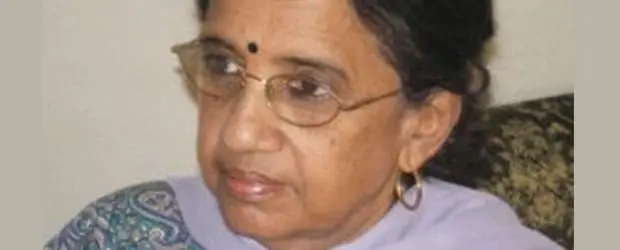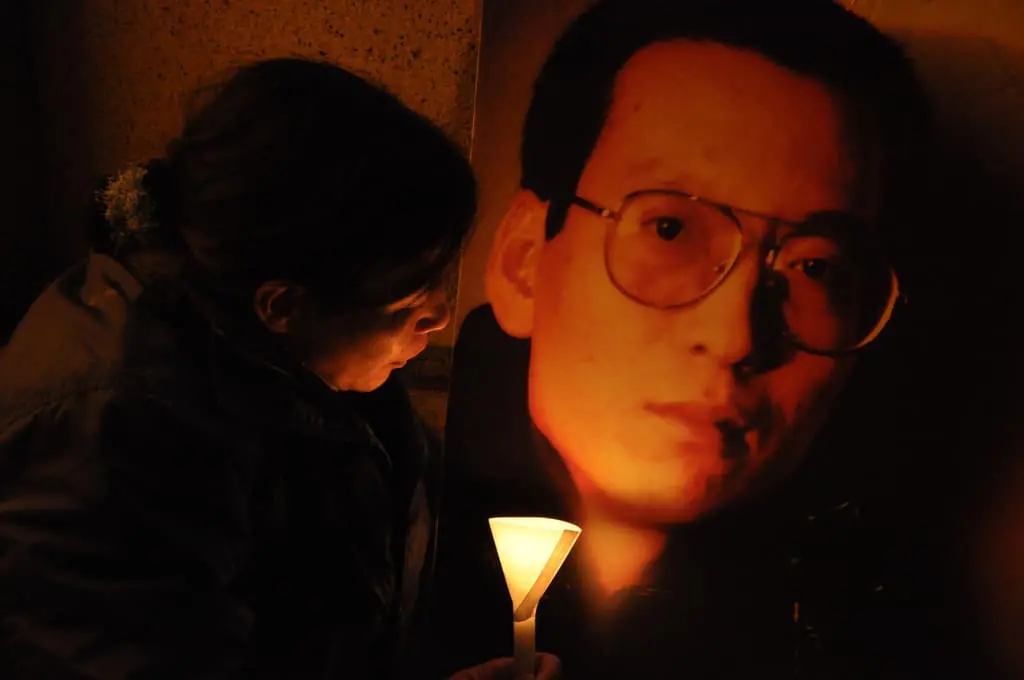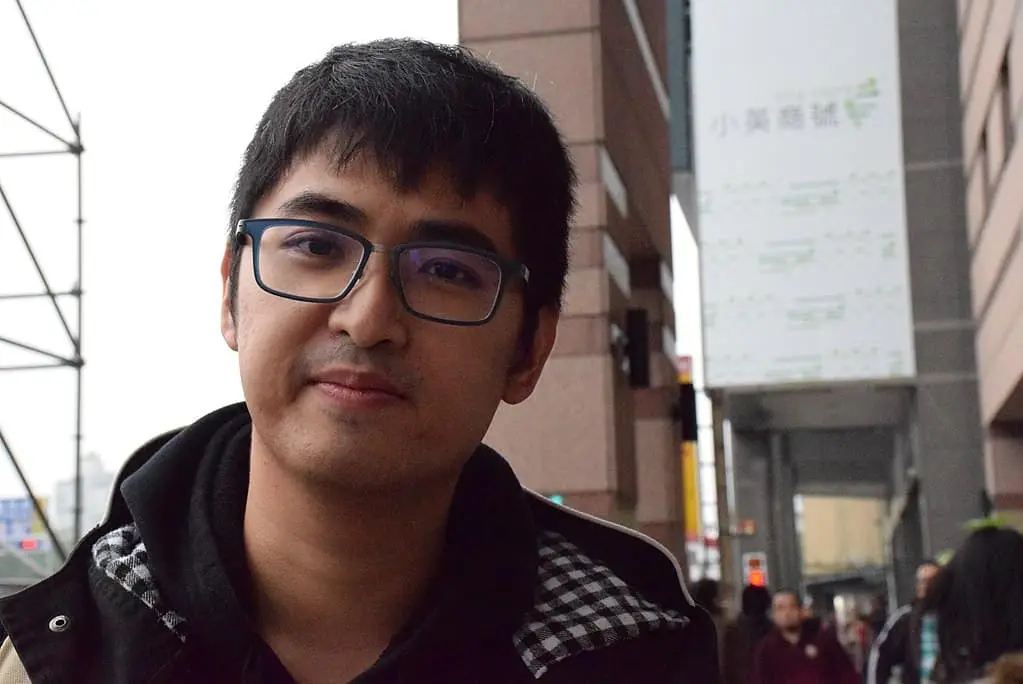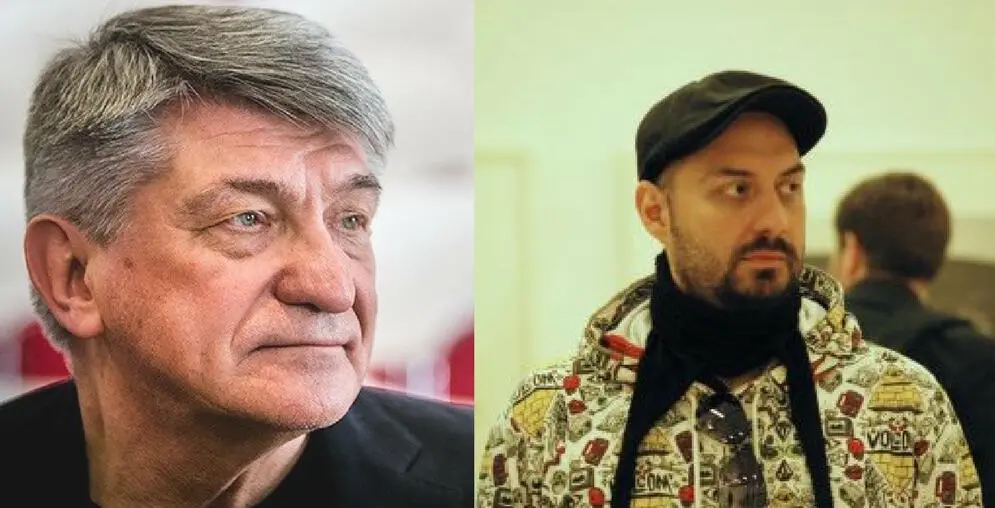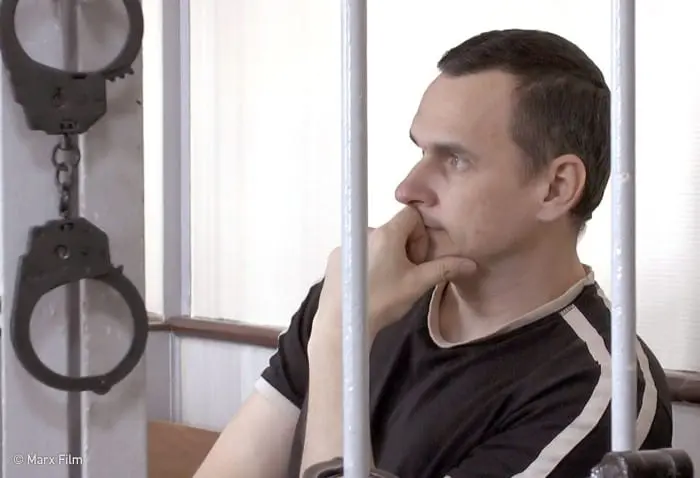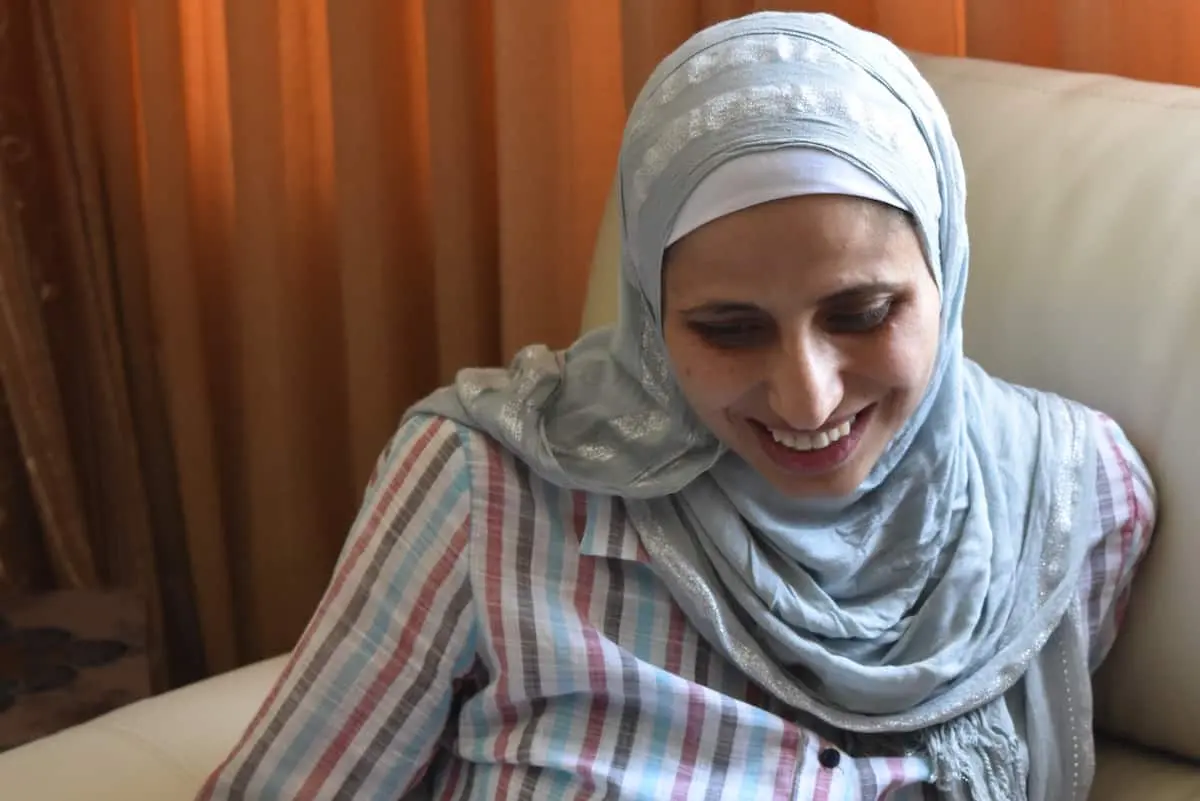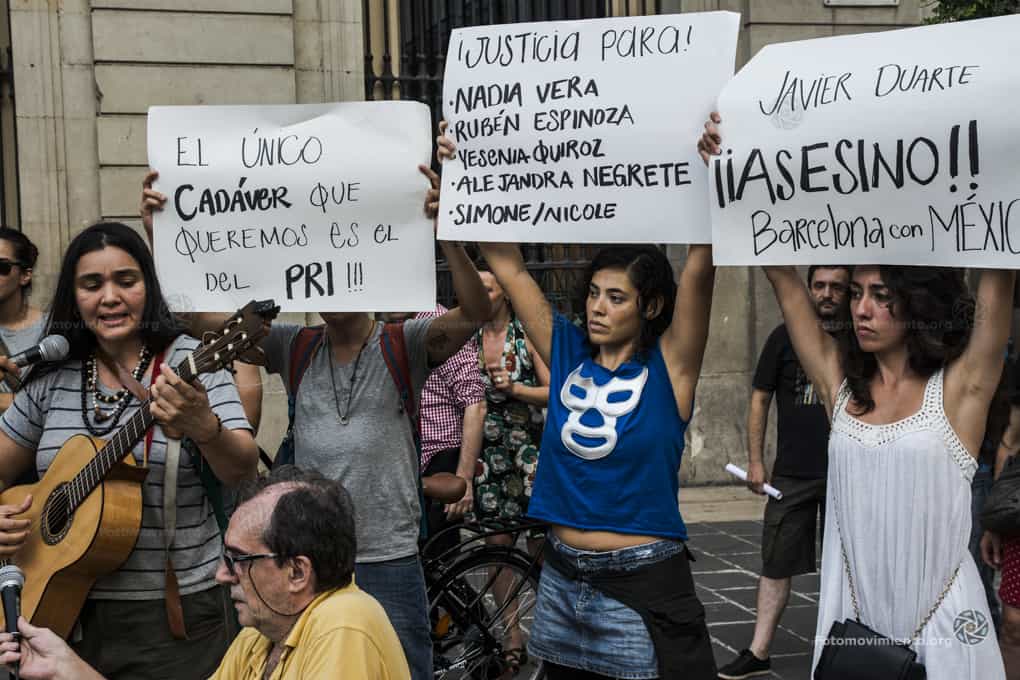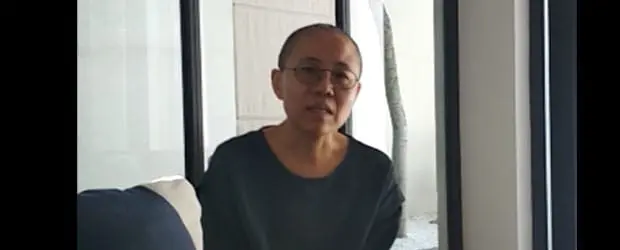Last week in Russia was rich on scandals related to artistic freedoms. It not only became public that after Konstantin Raikin’s famous speech about censorship in Russia, his Moscow theater Satyricon attracted special attention from the local prosecutor’s office, but a number of prominent cultural figures were also supposedly banned from participating in the St. Petersburg International Cultural Forum due to their oppositional views.
First, about the forum: On November 15, a day before the forum, Colta.ru published a copy of a document signed by First Deputy of the Russian Minister of Culture Vladimir Aristarkhov explaining the inexpediency of inviting certain theater personalities to the forum. The list included figures such as Kirill Serebrennikov, a prominent theater director and prolific playwright, and Lev Dodin, artistic director of the Maly Drama Theater. The activities of Serebrennikov, as the document says, contribute to the “erosion of Russian spiritual and moral values.” Dodin, according to the description, is also inclined to erode traditional values and falsify history, and also “shares the oppositional political outlook.”
Even though the leak of an official document was surprising, it comes as no surprise that such a strong group of independent thinkers would be unwelcome at the forum, where President Vladimir Putin planned to appear. Now, as Russia comes closer to its 2018 presidential elections, any serious questions are better avoided.
Another important event of last week was related to Raikin, who has headed the famous Moscow Satyricon Theater for the last 30 years.
In a fiery statement, Raikin revealed that the Satyricon has faced six prosecutorial inspections just since the beginning of 2017. So far, he said, they have not found any serious violations. Raikin believes that Minister of Culture Vladimir Medinsky cannot forgive him for his speech last year in which Raikin compared the current narrative of the Ministry of Culture with Stalinist times:
Because our immediate superiors speak to us with this Stalin’s language, Stalin’s settings—unbelievable! This is how officials talk; my immediate superiors, [First Deputy of the Minister of Culture Vladimir] Aristarkhov talks this way. Although he, generally speaking, needs to be translated into Russian from “Aristarkhov language” because he speaks the language, which is simply a shame to be spoken on behalf of the Ministry of Culture.
Medinsky has recently attracted media attention across the world thanks to his Ph.D.—not because of its content, but because, according to Dissernet, at least 90 out of 134 pages in his thesis on Russian foreign policy for a doctorate in political science contained borrowed material. So Raikin was not the first to accuse Medinsky of lying. On October 2, 2017, the Expert Council of the Russian Higher Certification Commission for History and Archeology recommended that Medinsky be deprived of his doctorate based on its “unscientific” nature. Nevertheless, on October 20, the presidium of the Higher Attestation Commission decided to maintain Medinsky’s degree.
Here is Raikin’s powerful statement regarding the harassment the theater has faced from the ministry, broadcasted by TV Rain on November 13 and translated to English for PEN America by Dante Matero:
“Throughout the year [at the theater], we have undergone prosecutorial inspections. None of them revealed any serious violations. There are always some minor comments, but they did not reveal any serious violations. So why, then, were there six such audits? Their motivation is not the desire to restore order and uncover the truth, but rather revenge and punishment, which my immediate boss, the minister of culture Vladimir Medinsky, wishes to inflict upon me and my theater. He cannot forgive me for my statement at the Congress of the Union of Theater Workers and for the fact that I have caught him in a lie several times and struggled against his unjust decisions concerning the theater “Satyrikon.” It harms us in the most targeted, systematic way. Now he is encroaching on our construction: He wishes to stop it, to prevent it. And to stop the construction and not allow this theater to enter your house, this is to destroy it. With his power, he can do this—it’s not difficult these days. And this despite the fact that we are in this interim state (we are talking about the theater’s reconstruction).
Therefore, I simply want to appeal to the whole theater community, theater directors, the Union of Theater Workers, its leaders, the audience, of course, the theater “Satyrikon,” which in 30 years of its existence in Moscow has already attracted millions, I think.
I want to appeal to the high authorities that are above the Ministry of Culture. Well, dear friends, let us somehow moderate our minister—you see, it’s just purposefully, systematically harming the state theater, which will soon turn 80 years old, and which was created by Arkady Raikin, which I have managed for 30 years—this theater has very serious distinction, I think, in relation to our native culture.
Excuse me, this is the first time in my life I’m speaking about this, but I personally have achievements within national theater thanks to this theater. I am a People’s Artist of Russia, a laureate of state awards. I have two orders for merits before the Fatherland, all of them awarded to me by three presidents, Vladimir Vladimirovich Putin among them.
I think that my modest achievements are not less, but more than those of this chief of morality in all Russia, this director of honesty and doctor of historical and political sciences. I think that if we all together manage to put him in his place, then, I think, not only the theater “Satyrikon,” but also many figures and cultural institutions will be grateful.”
This past week clearly uncovered the depth of conflict between the Russian Ministry of Culture and leading cultural figures themselves. The Ministry of Culture builds its work on certain moral principles based on “Russian traditional code,” imposes these principles on the cultural sector, and then threatens it with criminal charges for any deviations from them. Cultural figures like Raikin resist, and while we do not know who will win in this fight, it is likely that history will remember the names of Serebrennikov and Dodin over that of Medinsky.

